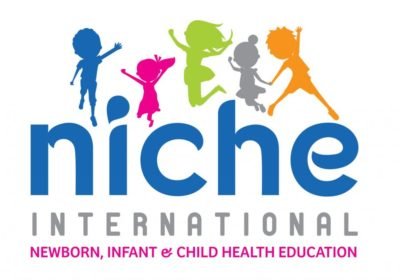Our newest trustee, Dr Cath Harrison, and Dr Julia Thomson were speaking at the ALSG conference yesterday.

Maslow is often quoted in adult learning circles – he developed his hierarchy of needs over 30 years from 1940 to 1970, believing strongly that humans want to grow and develop themselves and others and that – once our deficiency needs are met – we will automatically move up the pyramid. We spoke about the importance of feeding everyone properly on a course (Physiological needs) and ensuring everyone feels part of the team (Belonging and Love Needs) and valued (Esteem Needs). Only then will learners start tending to their own Cognitive Needs (engaging with the Neonatal Care Course), formulate plans to apply their learning (Aesthetic Needs), become instructors themselves (Self-Actualisation) and feel the buzz of teaching others for the good of all babies in their country (Transcendence).




















